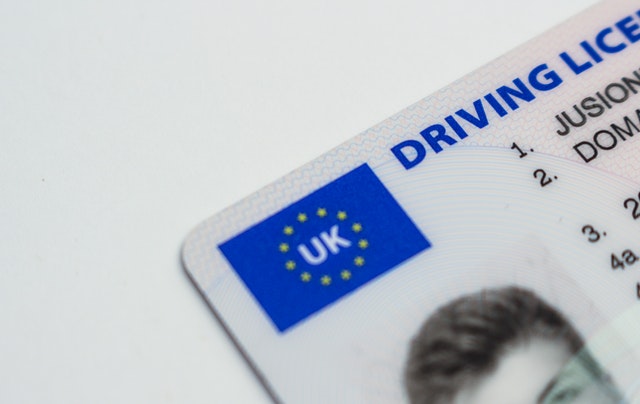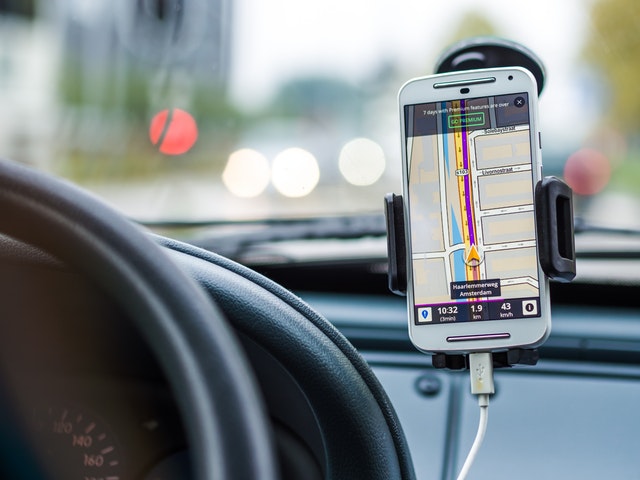Renting a car is a rather easy procedure. Nowadays, many people skip the customer service counter altogether and just hop in the car and go.
But when you are renting a car abroad, things can get a little more complicated – especially if you’ve never done it before.
Depending on where you are traveling to, there are certain rules you might have to abide by, or documents you’ll need show, in order to properly rent a car.
Although it might be a more intensive process, renting a car in a foreign country can lead to fun and rewarding adventures that you wouldn’t be able to experience otherwise.
If you are interested in renting a car abroad, read on, and we’ll walk you through the most important tips you need to know:

1. Compare Rates
There are many international rental companies with locations all around the world to choose from, so when you try to compare your options on paper, it can quickly become an overwhelming process.
That is why it’s so important to use trustworthy comparison sites because they make finding an affordable car rental for your holiday into a simple and easy process.
Also, look and see if your airline or hotel offers any deals on car rental services.
If you happen to be a member of a specific rental service or if your company has a partnership, this is definitely the time to find out how you can take advantage of those perks.

2. Check if You Need an International Driving Permit
If you are traveling to an English speaking country, you should be fine with just your domestic driver’s license.
However, many countries require more before you can hit the road. If you show up without a permit, you may very well be turned away without a car.
Luckily, obtaining an international driving permit isn’t too difficult. All you need to do is fill out a permit application, supply two passport-style photos, and pay a small application fee.
The biggest thing to note is that processing an application generally takes between four and six weeks so be sure to apply early.
Check with your country’s embassy first to make certain that a permit is or is not required for renting a car.

3. Learn the Country’s Road Rules
Every country’s driving laws vary. Make sure that you are caught up with both state and local laws so you don’t end up with a ticket, or worse, on the wrong side of the road.
Also, if you are coming from the United States, remember that for many European countries manual transmission is the standard. If you are not comfortable driving stick, be sure to request an automatic transmission vehicle.
You will probably have to pay extra. With that said, traveling abroad is probably not the best place to practice your stick shift driving.
It is also helpful to familiarize yourself with your destination’s gas and petrol prices. If you are traveling from the US then be prepared to pay significantly more for fuel. There are a few websites online, which list general fuel prices by country.

4. Invest in a GPS
When traveling abroad, there is a good chance that you won’t have as reliable cell service as you do in your home country. In order to avoid paying costly data fees, it is a good idea to purchase a trustworthy GPS system.
Maps can likely be found at your hotel, the country’s tourism office, or even the rental company’s service desk. However, you might be more used to trusting technology to guide you. That’s perfectly okay!
For a GPS system, either purchase one before your trip or ask customer service at the rental company about where to pick one up when you arrive.





